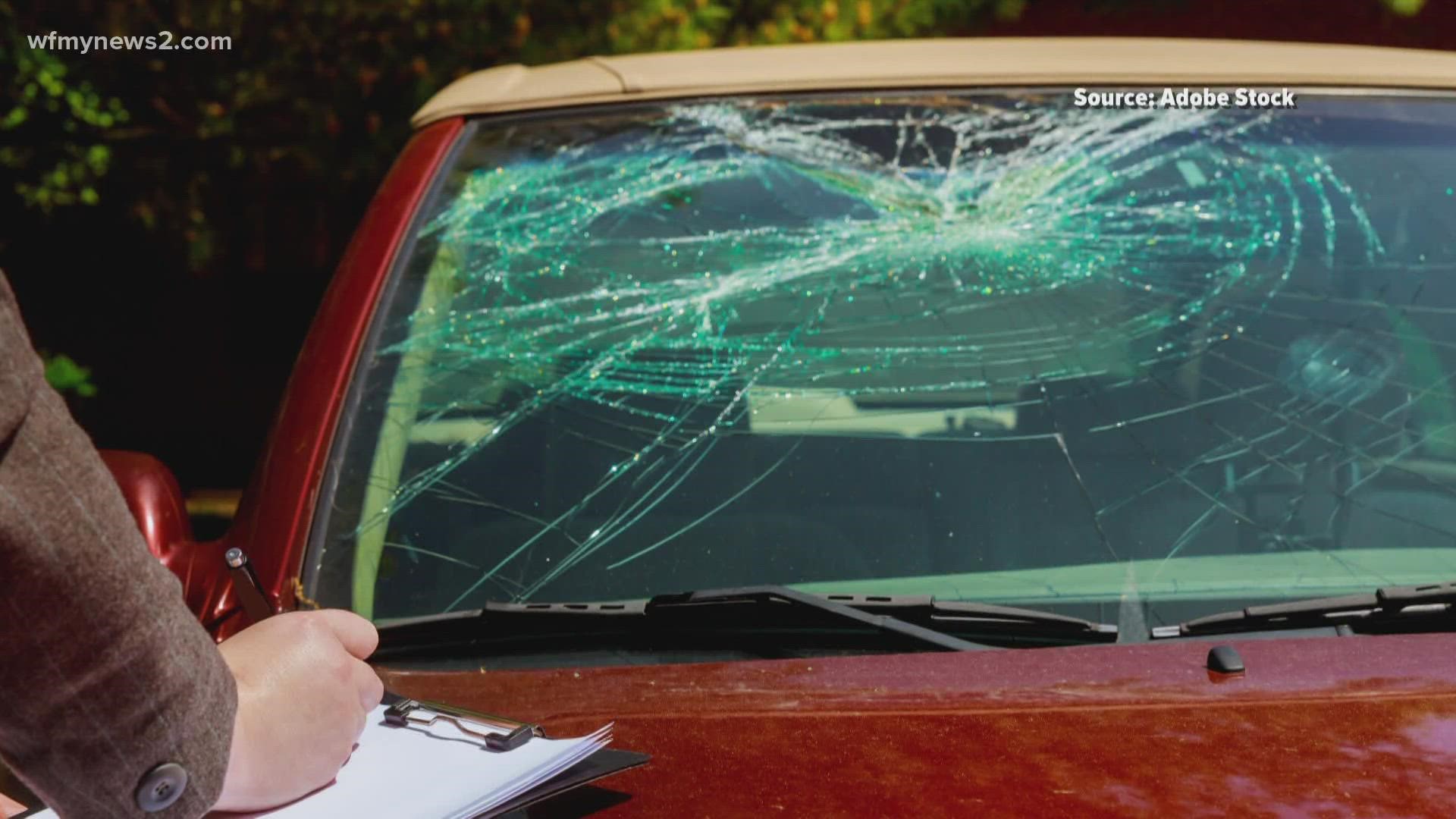GREENSBORO, N.C. — Did you know that North Carolina's deer population has increased from around 10,000 back in 1990 to around one million today? That's one of the reasons that we see so many accidents involving cars and deer every fall.
“That’s why the North Carolina Department of Wildlife urges motorists to take extra precaution to avoid collisions with deer,” said Christopher Cook, owner of Alliance Insurance Services, Inc.
Tips to avoid colliding with a deer include:
Use high beam headlights at night when there is no approaching traffic. The lights will illumine the eyes of deer on or near the road. If you see one deer, there are usually others nearby.
Know their most active times. Deer like to move at dawn and dusk and are particularly active during the peak of mating season in November, so take extra precaution during these times.
Decrease your speed in and around wooded or farmland areas, particularly where deer crossing signs are posted. Also be sure to increase your distance from the vehicle in front of you.
Slow down and honk your horn if you see a deer in the middle of the road. Sounding your car horn will encourage the deer to move. If the deer remains in the road, turn on your hazard lights and wait for the deer to move.
Don't swerve to avoid striking a deer. It is better to hit the animal while keeping control of your vehicle than hitting another vehicle head-on, or causing another vehicle to lose control. “It’s also important to know what to do if you should actually collide with a deer,” said Cook.
Pullover to the side of the road. Put your hazard lights on and contact the police to report the incident.
Stay away from the animal. If it is still alive, it could be in distress and dangerous. Wait for the authorities to arrive.
Document the accident. Take photos or videos of any damage to your vehicle and surroundings. These visuals could be useful when filing an insurance claim.
“The best way to make sure all types of accidents are covered, is to have comprehensive coverage, which typically covers deer accidents,” said Cook.
“Remember, the State only requires you to have liability coverage, so having a comprehensive policy may help pay to repair or replace your vehicle if it's damaged when you hit a deer.” But while hitting a deer with your car can be covered as an accident claim, swerving to miss a deer and then crashing into oncoming traffic is considered a collision claim. “Hitting a tree or another car is different than the random and unpredictable act of a deer dashing across a highway or rural road. And comprehensive coverage helps cover damages,“ said Cook.

